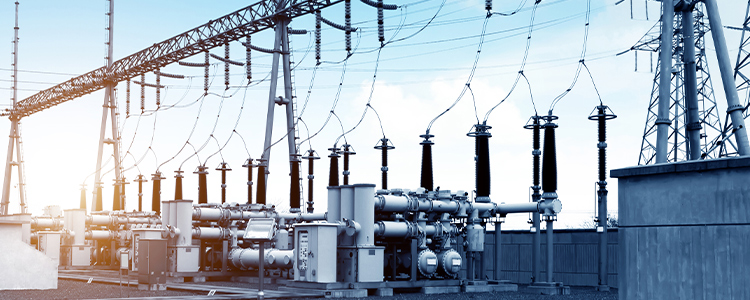- All
- Product Name
- Product Keyword
- Product Model
- Product Summary
- Product Description
- Multi Field Search



Views: 0 Author: Site Editor Publish Time: 2024-07-13 Origin: Site








A transformer is a static electrical device that utilizes the principle of electromagnetic induction to convert alternating current (AC) power from one voltage level to another while maintaining the same frequency. It plays a vital role in the power system.
The fundamental structure of a transformer includes five main components: the core, windings, tank, active part, and accessories.
The core is categorized into two types:
1. Wound Core: Constructed by winding strips of specific dimensions.
2. Laminated Core: Formed by stacking sheets of specific dimensions, creating a closed magnetic circuit and serving as the mounting framework for the windings.
Windings are directly connected to the external power grid through bushings and conductive rods, forming the "heart" of the transformer. The core and windings are assembled to create the active part of the transformer.
The tank serves as the outer casing for the active part of the transformer and as a container for insulating oil. It provides mechanical support, cooling, heat dissipation, and insulation protection.
Transformer accessories include five primary categories: cooling devices, protection devices, tap changers, bushing terminations, and measuring devices.
Transformers can be classified according to various criteria:
By Application:
1. Power Transformers
2. Mining Transformers
3. Rectifier Transformers
4. Test Transformers
5. Reactors
6. Voltage Regulators
7. Instrument Transformers
By Capacity:
1. Small Transformers: Capacity less than 1600 kVA
2. Medium Transformers: Capacity less than 63000 kVA
3. Large Transformers: Capacity greater than 63000 kVA
By Phase:
1. Single-phase Transformers
2. Three-phase Transformers
By Number of Windings:
1. Two-winding Transformers
2. Three-winding Transformers
3. Autotransformers
By Tap Changing Method:
1. On-load Tap Changer Transformers
2. Off-load Tap Changer Transformers
By Cooling Medium:
1. Oil-immersed Transformers
2. Dry-type Transformers
3. Gas-filled Transformers
By Cooling Method:
1. Oil-immersed Self-cooled Transformers
2. Oil-immersed Air-cooled Transformers
3. Oil-immersed Forced Oil Circulation Air-cooled Transformers
4. Oil-immersed Forced Oil Circulation Water-cooled Transformers
5. Dry-type Transformers
Currently, the primary products of small and medium-sized oil-immersed power transformers in China are the 10 kV class S11 series and the 35 kV class S11 series. The connection group of the S11 series power transformers is changed to Yzn11, featuring characteristics suitable for areas with frequent lightning, locations prone to lightning strikes, and mountainous areas with high soil resistivity.
Sealed transformers utilize a corrugated tank and a fully sealed structure, which slows down the aging of transformer oil, eliminating the need for oil replacement or inspection during its service life. In the domestic dry-type transformer market, epoxy resin dry-type transformers have seen rapid development. The SC series is the main product, offering advantages such as fire resistance, dust resistance, moisture resistance, low partial discharge, and good lightning impulse performance. These transformers are widely used in industrial and commercial buildings. When selecting dry-type transformers, special attention should be paid to lightning over-voltage protection, ensuring that the power frequency withstand voltage of the dry-type transformer meets or exceeds the power frequency discharge voltage of the surge arrester.
content is empty!
content is empty!